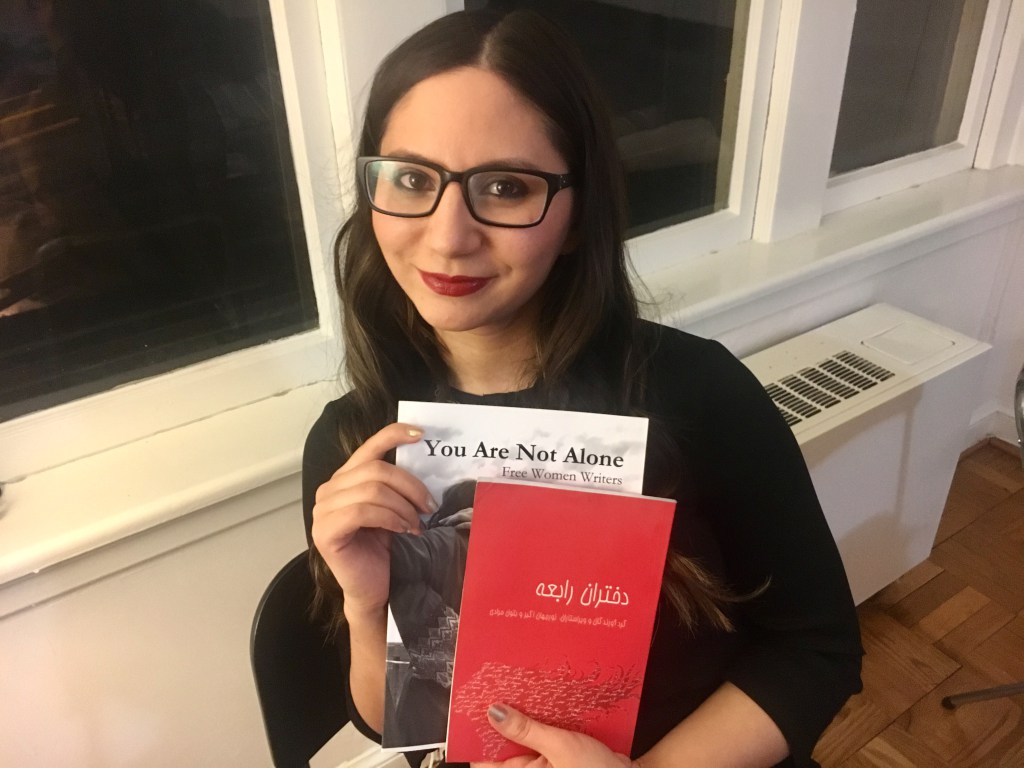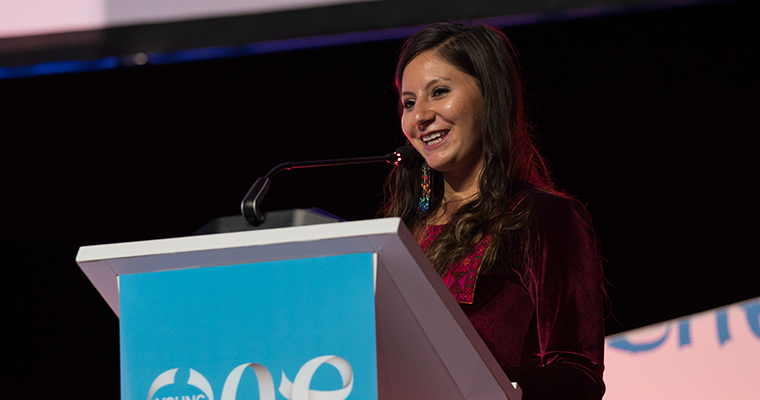Women in Afghanistan face renewed and terrifying threats to their human rights as a bloody resurgence by the Taliban has seen the militant group assert control over large parts of the country. The BBC reports that Taliban fighters are openly active in 70 per cent of Afghanistan.
When the Taliban ruled Afghanistan between 1996 and 2001 its fundamentalist regime was associated with sexism and misogyny, with women denied education and forced to wear the burqa in public at all times.
The problems faced by women in Afghanistan are not confined to one armed group. It has emerged that the International Criminal Court, which is probing possible war crimes in Afghanistan, has collected 1.7 million statements from Afghans who say they have been victims of either the Taliban, ISIS, the Afghan security forces, government-backed warlords, spy agencies and the US-led coalition, which has spent 16 years attempting to bring political stability to the country.
In a country racked by fighting for so long, many women cannot escape violence even in their own homes.
But led by One Young World Ambassador Noorjahan Akbar, a group of women writers are determined not to allow this endemic violence to be passed on to future generations. The Free Women Writers group uses social media to spread its stories of hope and to pass on tips to help women seek legal aid, set up support networks, and protect their mental health.
The grassroots collective has published a book, You Are Not Alone, based on four years of research and conversations with Afghan women survivors of violence.
Noorjahan spoke to One Young World about the importance of the book project, which is unprecedented in terms of Afghan society and culture.
“Free Women Writers is composed of 15 volunteer members and we have more than 130 writers across Afghanistan and the world.
“At the heart of our work is giving hope and inspiration to Afghan women. On a daily basis, Afghan women face harassment, insults, and violence. We want to offer a counter narrative: that Afghan women are capable, courageous, and resilient and that we are a sisterhood.

“Our writers write about the problems they face, but also about their success, about their dreams, about their abilities.
“On a daily basis, we try to celebrate women's accomplishments. Currently we are in the middle of a campaign in defense of our national women's football team because they were attacked on social media for wearing sports attire. We are not afraid to take on the powerful and stand with women who are breaking barriers and destroying taboos.
“Research shows that upwards of 87% of Afghan women have faced violence at home. The vast majority of these cases of violence are not reported, let alone persecuted.
“A major contributor to silence around gendered violence is that many women don't have the language, the tools, the legal knowledge, and the confidence and support they need to report violence.
Our team gathered a group of artists & we painted murals abt the right to #education in Mazar-e-Sharif. The murals are part of our #LetMeGoToSchool campaign to support girls’ education in Afghanistan. Read about the campaign here: https://t.co/6ygbO5P0op #internationalwomansday pic.twitter.com/rYFGHyPCF7
— Free Women Writers (@FreeWomenWriter) March 9, 2018
“In You Are Not Alone, we don't really talk about the Taliban because the book is focused on the daily violence that women may face in their families.
“We do talk about economic empowerment and the need to stand on one's own feet economically in order to seek legal freedom from violence. We also talk about the culture of stigma and silence that surrounds violence against women and give women some tools (such as talking points in speaking with their families) to break that silence.
“We also talk about the many ways in which the legal system in Afghanistan puts women at a disadvantage (for example by automatically giving men custody after the age of seven for boys and nine for girls) and what tactics they can use to protect themselves and their children.
“This book You Are Not Alone is intended to launch a conversation on violence and give women the emotional support and legal knowledge they need to seek freedom if they want to.”
In its many stories of pain in You Are Not Alone, Free Women Writers demonstrates the need and importance of Afghan’s women being central to the dialogue that determines the country’s future.

